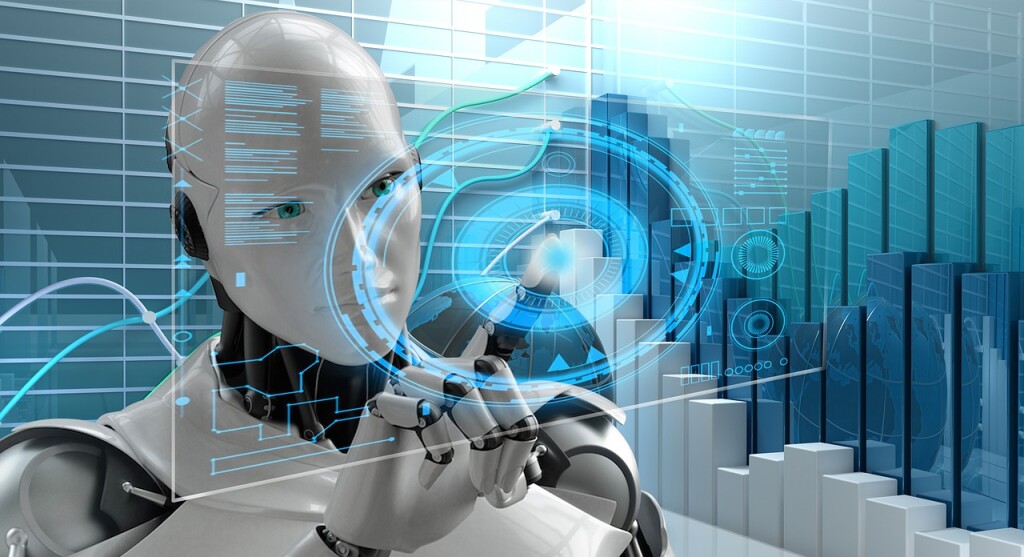The influence of AI
In the near future, the penetration of artificial intelligence into business will increase. According to Gartner, by 2020, 30% of B2B companies will use AI to enhance at least one of their core sales processes, and 85% of all customer interactions will take place without human intervention. By 2021, according to IDC, the global business spending on AI platforms is expected to be $ 57 billion.
How does a business use AI technology to improve performance and what does the customer get from it? Let’s look at examples from players in several industries.
E-commerce
Artificial intelligence is capable of processing many more operations than the human brain. The ability to capture and analyze large amounts of data allows you:
- to quickly and efficiently identify new knowledge,
- determine the best recommendations,
- automate and optimize business processes.
Personalization is one of the main challenges of AI today. According to the Boston Consulting Group, brands that offer unique recommendations through the integration of advanced digital technologies (including the use of artificial intelligence) and their own data increase revenues by 6-10% – that’s two to three times faster than the players that do not use innovative solutions.
After opening its own online marketplace, MEGA plans to combine online and offline customer information, including MEGACARD. The data will be sent to artificial intelligence for processing. As a result, members of the loyalty program and site visitors will receive personalized offers.
Another case using AI research and development in E-commerce. YOOX, a multi-brand online clothing store, has collected data on purchases on the site, as well as information on fashion trends from social networks and online publications. After analyzing this array by artificial intelligence, the company passed on the recommendations of the machine to the designers. They designed the collection and launched their own clothing brand, YOOX. Each model reflected the preference of the online store audience.
In e-commerce, “machines” will evolve towards omnichannel communication. That is, the system will be able to understand by itself who needs to send the newsletter and when, and to whom to show ads on social networks, how often and in what sequence. Big data analytics technologies can no longer just predict whether a person will make purchases. The technology will help turn consumers into stable and loyal customers.
Finance
In order for artificial intelligence to improve, it needs to constantly be allowed to analyze all new data and track how the result changes. Data for AI is the most important resource without which it cannot learn. The technology is increasingly used in banking, where data on customers and their behavior has always been sufficient.
Financial companies that work with payments turn to AI at least often. American Express, which processes more than $ 1 trillion in transactions annually, uses AI to analyze the accumulated data to form recommendations. For this, the company has developed two applications at once. One looks at information about past purchases and then recommends restaurants that the customer might like. Another product, Amex Offers, selects offers that are unique to each consumer in real time. They relate to a person’s lifestyle, purchasing habits, depending on his location and the organizations closest to him.
Last year, the company announced successful tests in the Moscow region of an AI solution that reduced the time it takes to approve loans for legal entities from 14 days to 7 minutes.


























